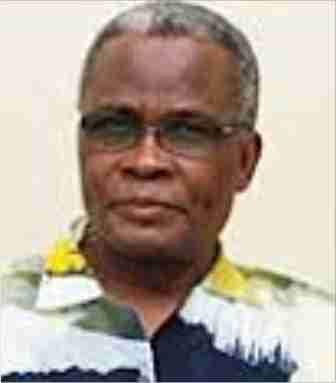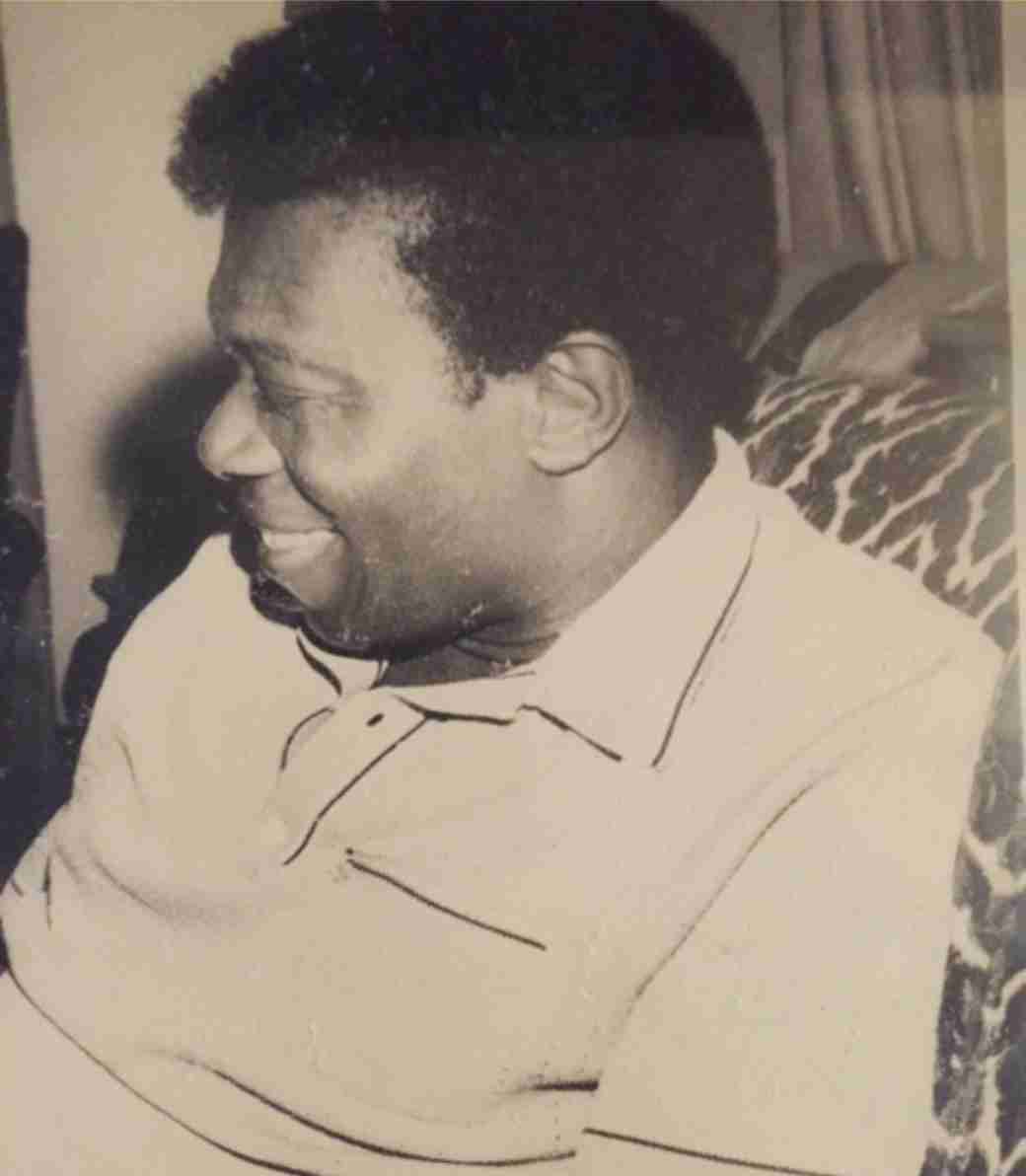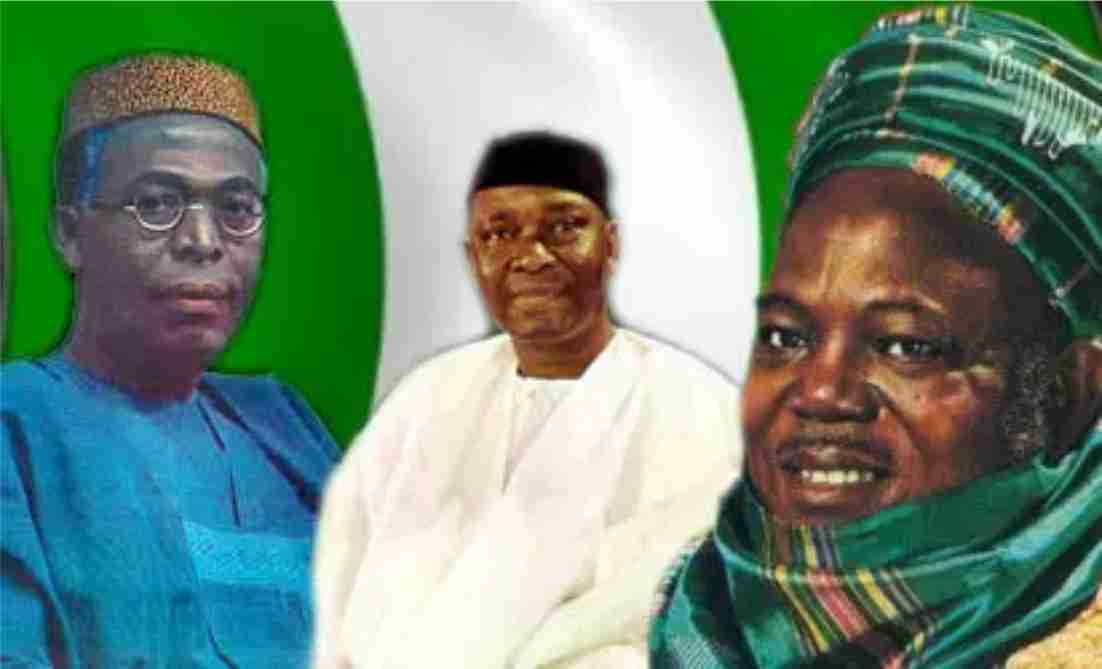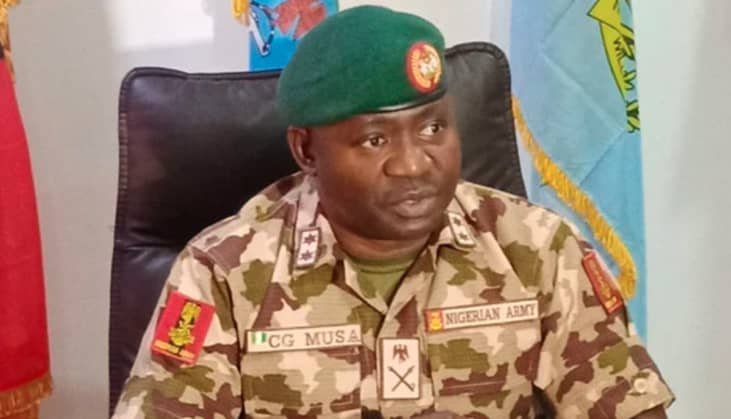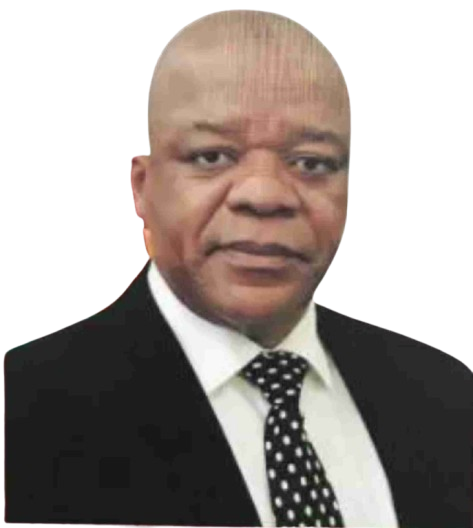By Dr. Tom Adaba
A nation that honours it heroes encourages heroic activities. A nation that recognizes good works and honest leadership inspires the younger ones to greater feats and sets good examples for younger generations. On the other hand, where such traits and noble achievements are not recognized and celebrated, a breeding ground is created for quackery, pseudo heroism, misplaced value and celebration of mediocrity. These never augur well for the progress of such societies or nations.
The advanced countries that we hail today have taken their cue from the celebration of excellence as an ideal that must be constantly recognized and pursued. Hence, we see that people show dedication to whatever their professional call is, no matter how menial it is. Each person realizes that there is joy in working, there is honour in honesty and glory in dedication to service, because these are rewarded by appreciation. In Nigeria, this value must be imbibed as an overall strategy for achieving the laudable goals designed to raise the country to a higher pedestal. When the citizens see that there is appreciation of good works, they are encouraged to strive to surpass their normal level of achievement. This country is rich with many unsung heroes whose works in nation- building far outweigh the achievement of their colleagues in other countries who have been celebrated. One such unsung hero is Abdul Aziz Atta, a man who gave to this nation without counting the cost.
After graduating with a Masters degree in Oxford and a one – year administrative diploma from the London School of Economics and Political Science in 1948, he came back to Nigeria to join the Colonial Service in 1949, thus becoming the first Northern Nigerian to join the Senior Civil Service cadre of the Colonial government. From 1949 to 1958 when he finally joined the Federal Civil Service, he worked extensively in the Eastern Region and Cameroons. At one stage, he served as the Secretary to Dr. Nnamdi Azikiwe, who was then the Governor of Eastern Nigeria. In the Federal Civil Service, he was the first Nigerian Permanent Secretary, Ministry of Defense. He later served as Permanent Secretary Industries, of Communications, Industries and Finance respectively. He became the first Secretary to the Military Government and Head of Civil Service. In all these, he gave a glowing account of himself as reflected in his attributes of hard work, dedication, vision, courage and addiction to fairness and justice. The following testimonies by eminent Nigerians, including General Yakubu Gowon as Head of State, who have worked with him aptly describe the essential Abdul Aziz Atta.
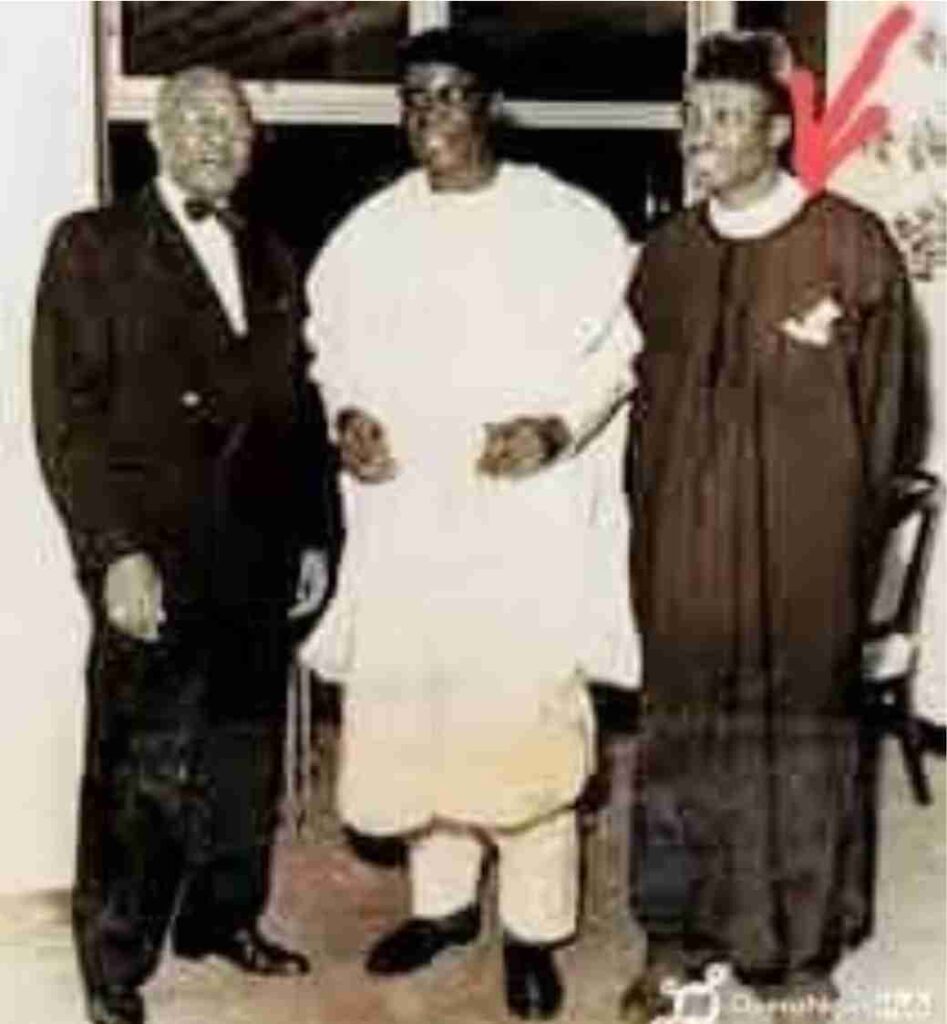
1. Chief Sunday Awoniyi
“He was brutally frank. He never hesitated to tell the power that be, what he felt was good or right. He was a strong character; Chief Awolowo was equally a strong character. This is probably why General Gowon decided to put them together, and they succeeded in pulling the nation through the difficult civil war years without borrowing a kobo. His contribution to Federal Civil Service was immeasurable. He gave direction to Federal Civil Service, which was not easy in those days. If he got information on anything, he would take it up. He believed in efficiency and thoroughness and he encouraged officers to imbibe this spirit. Moreover, he protected interference under Military regime. Consequently, the Civil Service felt very secure, confident and comfortable working under him as a leader, provided they did not breach Civil Service regulations, Abdul Aziz was a completely detribalized Nigerian. He also strongly believed in the unity of the country”.
2. Chief Phillip Asiodu
1) Deep and genuine patriotism – he had a great love for a united Nigeria. Like many of our earlier Civil Servants, he was proud of the result of the British in creating and handing over one Nigeria at independence, notwithstanding their original motivation He was genuinely distressed and concerned at the turn of events after January 1966 and we had many agonizing discussions throughout the crises and civil war.
2) Mr. Atta was very dedicated and hardworking. He put in long honours of work. He did not like to leave matters hanging arid tasks unfinished. He was a very competent civil servant.
3) He was a very courageous and forth right person. Mr. Atta was one of those, who at the most critical moment of our nation’s history, when in July 1966 the copy had no government or real authority for more than 48 hours, when Nigeria as we know it, would have ceased to exist, he was able to confront rebelling and restive soldiers and dissuaded them from carrying out earlier plans which would have meant nothing but disorder and widespread carnage throughout the land.
4) Mr. Atta was genuinely and comprehensively above tribe. In his choice of staff, in recommendations for promotions, in his encouragement of subordinates of promise and potential high flyers, in his choice of friends, Mr. Atta was never remotely concerned with what came after his time, to be called “Federal Character” and ‘quota’ considerations; personal qualities and merit were what counted.
5) Mr. Atta did not suffer fools or frivolous people gladly. He was direct and quick in expressing his views whether of disagreement or approval. More than any person, to Mr. Atta belongs the credit for managing the finances of the Federation so competently during crises and civil war from 1966 to 1970. From January, 1966 to July 1966 there was no Minister or “Commissioner”. The grand and brilliant strategy of changing the Nigerian currency at the beginning, of the civil war was critical in undermining the efforts of the Biafra authorities in funding foreign exchange to purchase arms and ammunition at the start of the war. To Mr. Atta belongs a great deal of the credit in conception and execution”.
3. Alhaji Ibrahim Damcida
“Abdul Aziz’s contributions to the unity and development of the nation are immense. Among them are the following:
1) He played a very significant and reconciliatory role during the serious crises from January, 1966 to January, 1970, that almost led to the disintegration of the country. Abdul Aziz was involved in almost every major happening throughout the period, realizing the gravity and the implications of the crisis for national survival and, as someone who believe strongly in the Nigerian project, he did his very best to participate actively in the work of the various groups that tired to mediate. As one of the senior administrative officers at the time, he was regularly in touch with the leaders in the four regions, pleading for understanding, cooperation, compromise and the need to avoid conflict. The Eastern leaders, many of whom were his colleagues, subordinates, friends and associates, knowing his genuine and patriotic motives, saw him as a nationalist and a neutral person. They listened to his ideas and respected his views. The Northern leaders saw him as one of their own though he had never served nor lived in the North, they knew that he meant well for the country as a whole. They too, listened to and respected his views and suggestions on the issues that were in contention then. He was well known in the West, as a detribalized Nigerian, and many leaders in that region equally respected his opinion and suggestions on those crucial issues. So, Aziz was uniquely placed to play a significant role in the series of crises that nearly tore the country apart.
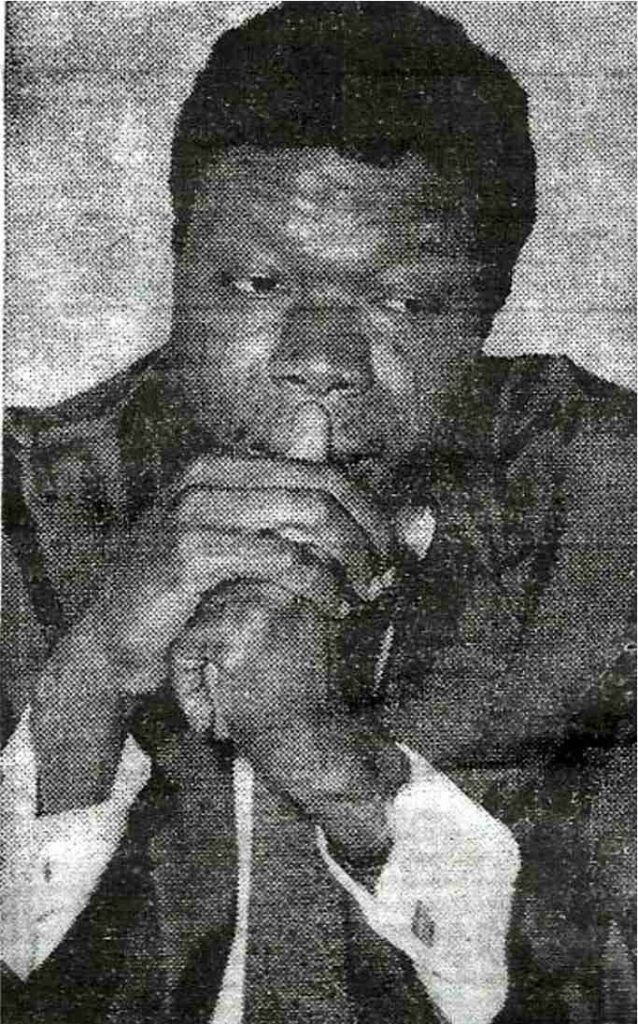
2) Worthy of highlighting, was the role Aziz and a few of the remaining senior officers played during the July 29th, 1966 counter-coup in helping to prevent the disintegration of the country when the rebellious and restive Northern soldiers then in control, hurriedly hatched up succession plan which would have caused large scale destruction in Lagos and chaos all over the country. Aziz was in the group made up of the Chief Justice, the Inspector General of Police and Federal Permanent Secretaries and some concerned Northern leaders that finally persuaded the coup leaders to give-up the idea. lt took them more than 48 hours of relentless efforts before the soldiers finally abandoned the plan. The same group assisted the soldiers to set up the administration under the leadership of General Gowon. The history of Nigeria would have been different if Abdul Aziz and co-patriots had not played such crucial role at that critical moment in her history.
3) It was Aziz and others who initiated the idea of bringing credible civilians from a cross section of the country to help the politically inexperienced soldiers run the administration. At first, the military did not quite like the idea but were eventually persuaded to accept it. This is how prominent politicians and notable civilians were appointed as Federal Commissioners.
The list of those invited included Chief Obafemi Awolowo, Chief Anthony Enahoro, Chief Briggs, Chief (Dr) Arikpo, Alhaji Ali Mongunu, Alhaji Yahaya Gusau, Alhajhi Aminu Kano, Mr. J.S. Tarka, Dr. Dikko, Dr. Adetoro and Chief Femi Okunnu.
4) Another equally important initiative of Gowon Administration was the creation of States. Aziz and his colleagues saw that the threat of secession by the Igbo’s could be contained only if States were created out of the regions. This would allay the fear of regional domination and at the same time block the proposed secessionist Igbo dominated States. Moreover, such an exercise, if carried out will speed up socio-economic development.
5) It is also worth mentioning that the introduction of NYSC scheme was another initiative of Federal Permanent Secretaries in which Aziz made a significant contribution.
6) One outstanding performance for which Aziz should always be remembered was the way and manner he managed the nation’s finances during the civil war years. With a supportive staff and Commissioner, Chief Awolowo, who had tremendous confidence in him,’ Aziz was able to carry his colleagues of the Finance and Economic Committee with him to effect or introduce many changes in the management of the finances of the Federal Government., That committee as made up of the Permanent Secretaries of Economic Development (A. Ayida), Trade (Ibrahim Damcida), Industry (P.’ Asiodu), with Finance as Chairman, So successful were the various strategies employed at every turn – including the change of the Nigerian currency which virtually bankrupted the so called Biafra – that the war was prosecuted to its logical end without the country being over-burdened by excessive debts foreign or local.
7) As the Secretary to the Federal Government, Abdul Aziz did his best to raise the standard and enhance the efficiency of the Federal Civil Service. He inculcated discipline into the service and made people to take their work seriously. All actions were guided by the Civil Service Rules and Procedures”.
4. Alison Ayida
“He was the original Oxonian who led his colleagues Mr. C. O. Lawson, Chief P.C. Asiodu and Mr. Allison Ayida, who all read PPE (Oxford) and were destined to play the leading role in the leadership of the Federal Civil Service. The late Mr. Atta had to fight the battle for a better Civil Service.
5. AIh M D Yusuf
“As an administrator, I know, and those who worked with him will also testify that, Aziz was competent, hardworking, principled, honest, firm, incorruptible and decisive. For these qualities, he was nicknamed ‘De Gaule’. In fact, he brought some of his personal qualities to bear on his job. He would not tolerate nonsense from anybody: he would not compromise on matter of principles but in all his dealings, action, and decisions, he was always guided by principles of merit, truth and fairness. He dealt with people on the basis of their personal qualities and merit, no matter who they were. It is also true to say that Aziz was a man with broad outlook, and was completely detribalized.”
1) Abdul Aziz played a most noble role during the crises period of Nigeria’s history from January 1966 to July 1966 and the Nigeria civil war years, 1967 – 1970 and the immediate post civil war years.
2) After the July 29th, 1966 counter coup, the situation in the country became very critical. There was serious tension, anxiety, fear and uncertainty in the land. For more than 48 hours, there was no formal authority in the land, and people did not know what was happening or what the fate of the country would be. It looked as if the country was going to break up,. It was during the critical moment of anxiety and uncertainty that Abdul Aziz along with other colleagues, came to the rescue.
3) Abdul Aziz led a group of some Senior Permanent Secretaries to Ikeja in order to pacify and persuade the leaders of the dissident and restive Northern soldiers from carrying out a strong rumour of secession plan that they might have and also rumours of destruction to Lagos. In deciding to go to Ikeja on the following day of the coup while the rebellious, restive and well-armed soldiers were all over the place from Ikoyi, Victoria Island to Ikeja, they indeed took a great risk. Considering the mood of the soldiers at the time, and the uncertainty of who is who, they could have shot anyone that crossed their path or they considered an opponent. It was reported that, a few days before the coup, much senior administrative officers, especially of the Northern origin, who had heard the rumour of the coup plan had left Lagos out of fear for their own security. It was a sheer act of courage and patriotism that led Abdul Aziz and his group to meet the coup leaders at Ikeja.
4) They thus succeeded in their mission of persuading any other doubtful officers/soldiers to give up any plan that would have had disastrous consequences on the country. Forty-eight hours after meeting, a new leadership emerged, and Abdul Aziz and his team helped and advised on the establishment of the new Administration and assisted greatly to set it up.
5) As a competent, honest and above board public servant, he worked well with Chief Awolowo as Minister of Finance, a combination team that did well for our finances before, during and in the post war years. The confidence I reposed in them was more than justified. For, they managed the nations’ finances so well that we were able to prosecute the civil war and the rehabilitation and reconstruction work after the war: entirely from our own internal resources and without borrowing a ‘kobo/dime’ or penny from any external sources”.
The testimonials above are self- explanatory. All the quotes are from “Abdul Aziz Atta: An Administrative Genius and a Patriot” by late Professor Albert Ozigi, 2004, pages 69 – 100. For a patriot who has given so much to this nation, he deserves a posthumous recognition and celebration. In my humble view, Abdul Aziz deserves a very high posthumous national honour such as GCON, and specific institutions such as the Federal Secretariat or the Civil Service College named after Abdul Aziz Atta.
